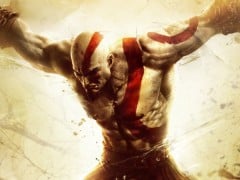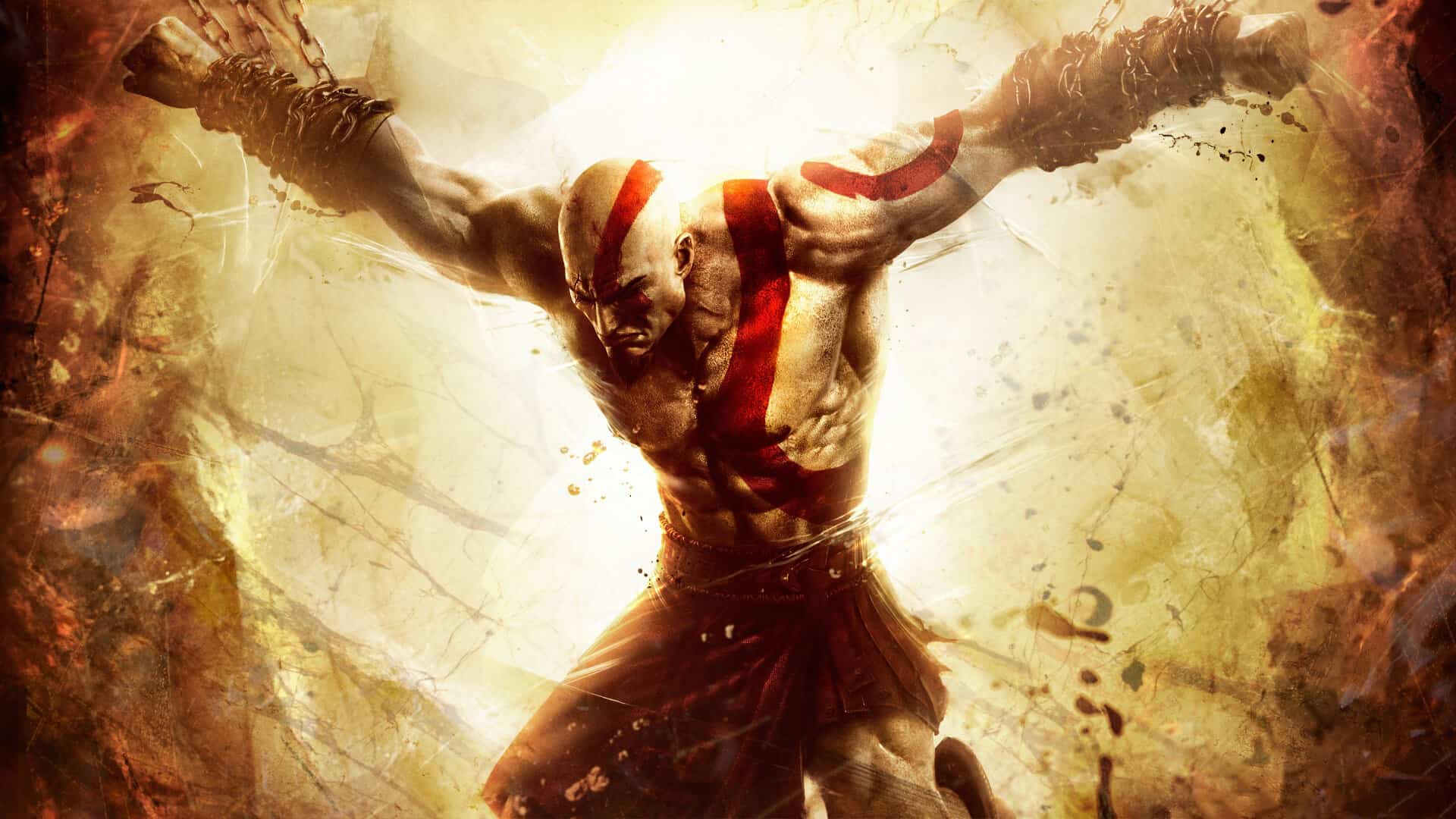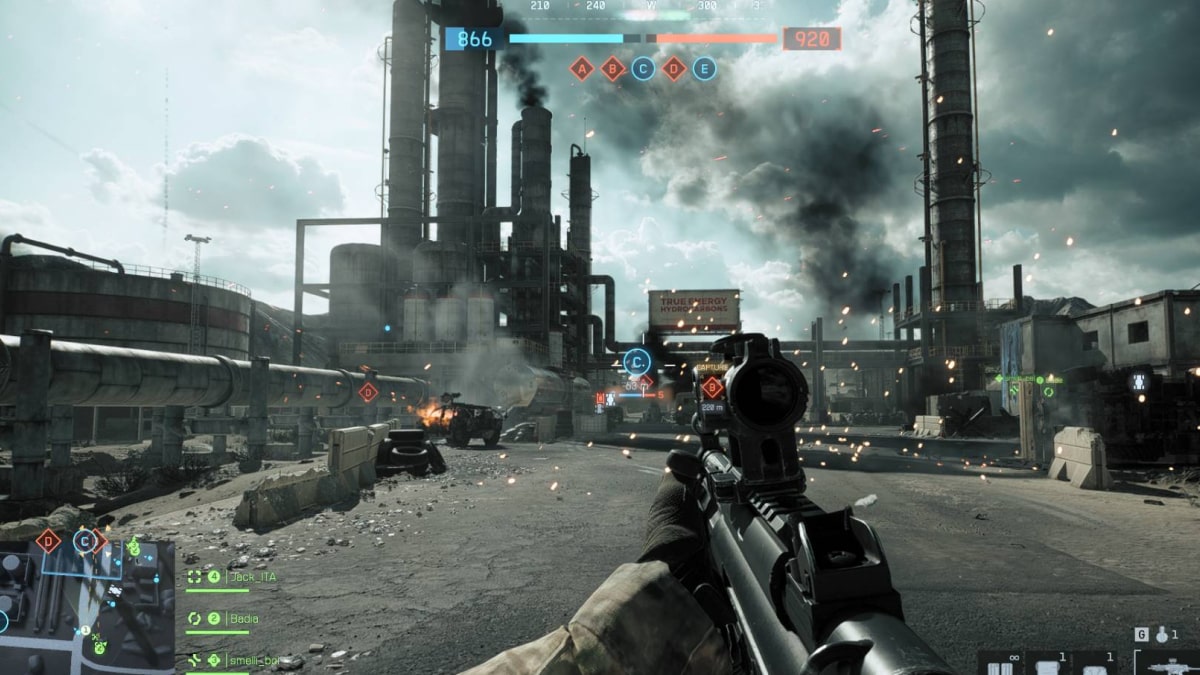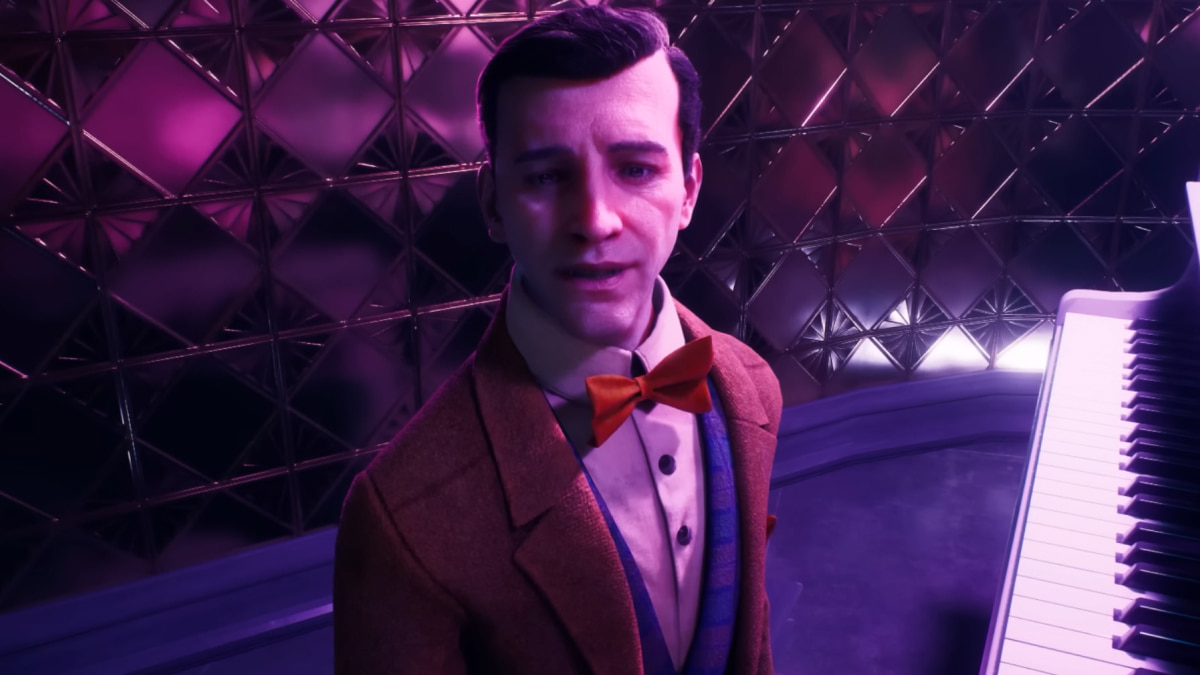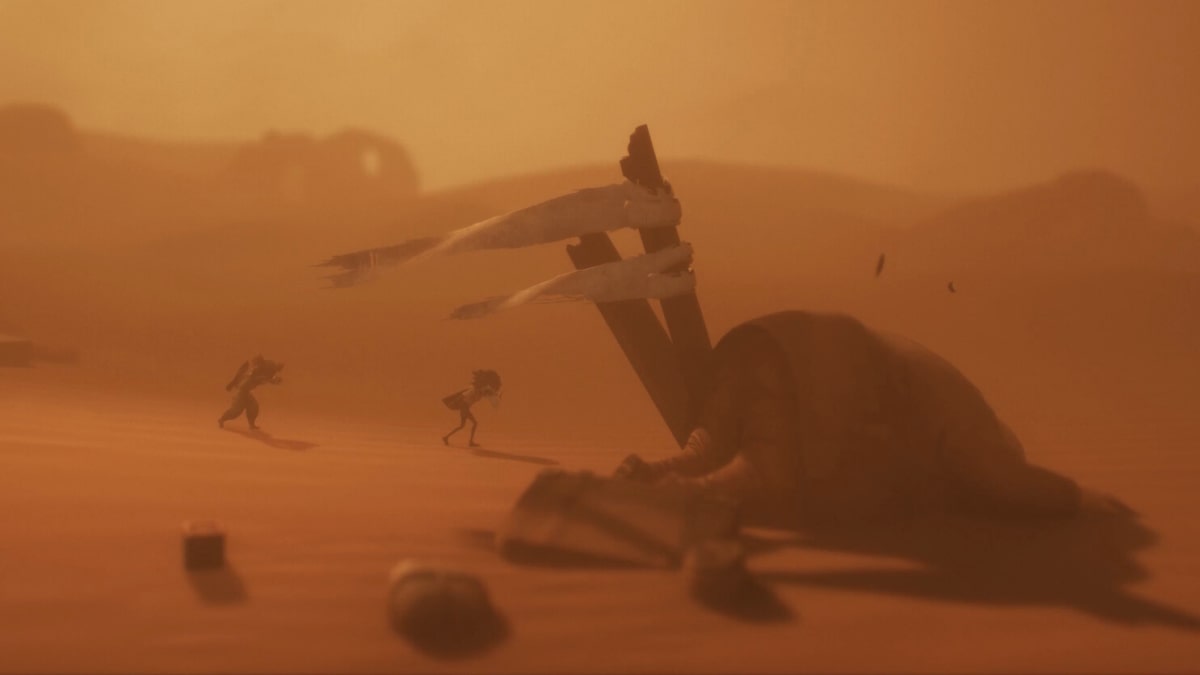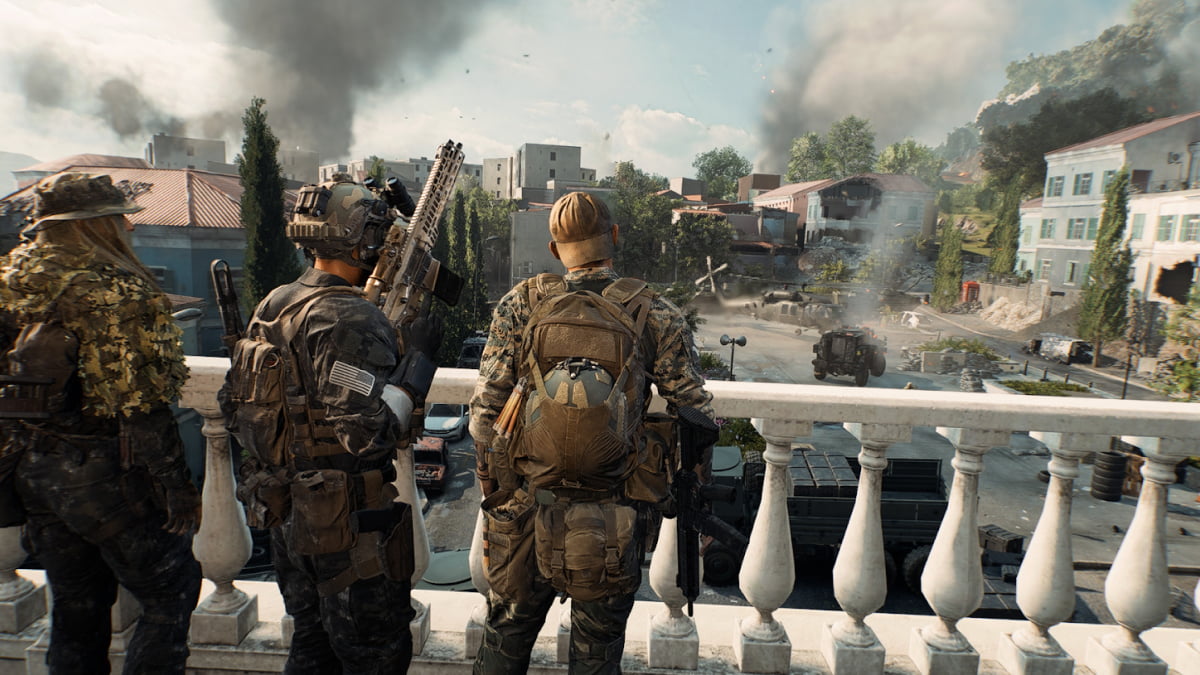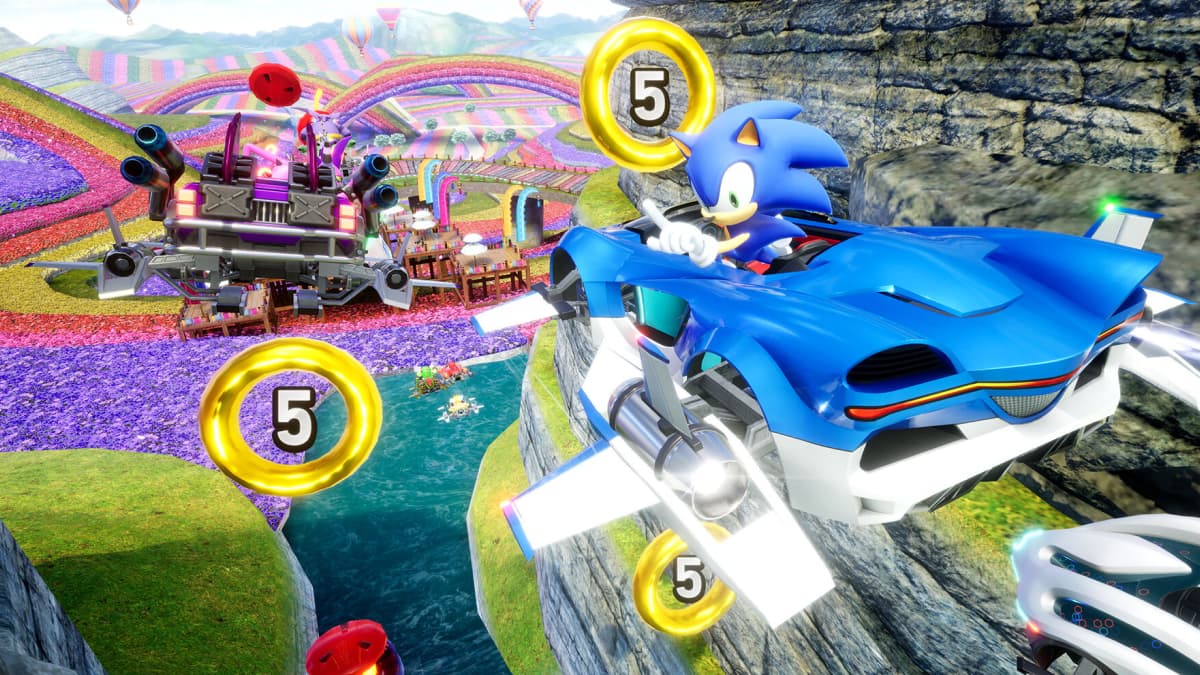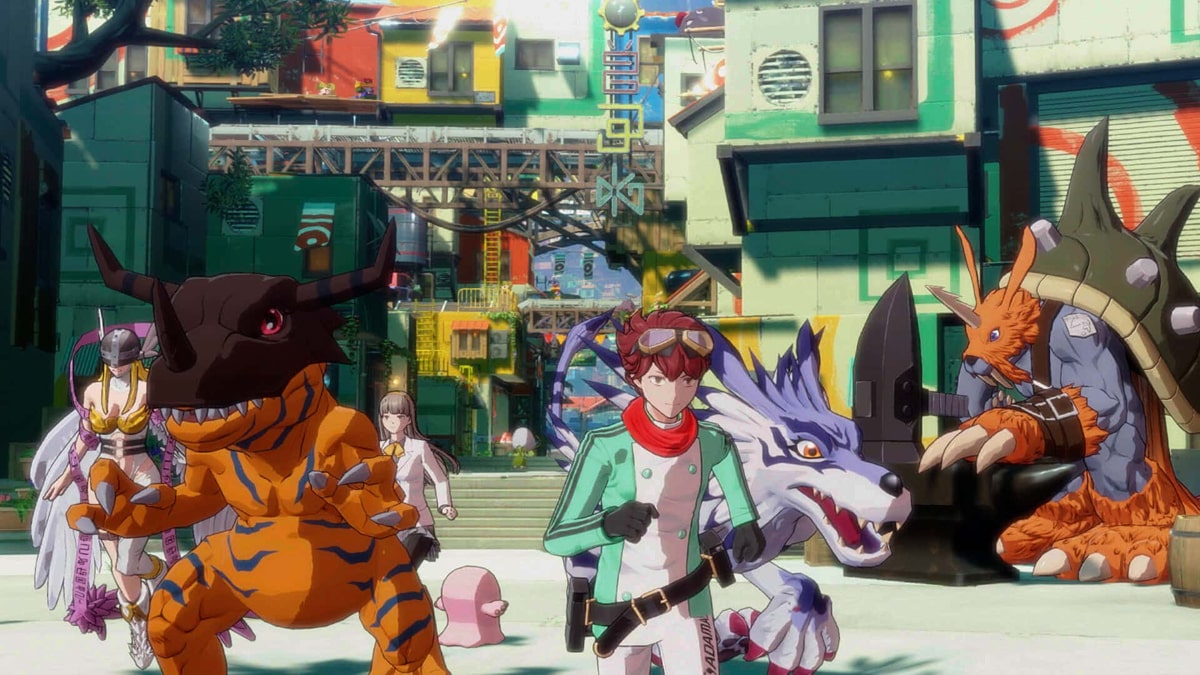You can trust VideoGamer. Our team of gaming experts spend hours testing and reviewing the latest games, to ensure you're reading the most comprehensive guide possible. Rest assured, all imagery and advice is unique and original. Check out how we test and review games here
For me, Kratos may not be one of gaming’s great characters, but he’s up there with the medium’s greatest avatars. That distinction is important: he might not have the most interesting backstory, nor a particularly nuanced characterisation, but he’s a joy to be in control of, a tightly-packed bundle of boiling fury that he pours into every attack. It’s there in every swing of those iconic twin blades, it’s there in every sinew-straining decapitation. Kratos’s art is violence, and every skirmish sees him paint on the broadest of canvases with thick, sweeping brushstrokes of deep crimson.
If God of War: Ascension allows Kratos to be at his brilliant, brutal best in combat, however, elsewhere he seems a little subdued. Having lost the title of Gaming’s Angriest Man to Asura, he’s more content to sulk and glower when he’s not cleaving skulls in two. We’re in prequel territory, of course, before Kratos has built up sufficient rage to power a small country, but it’s still odd that a man tricked into killing his wife and child bears the kind of moderately irritated demeanour of someone who forgot to Sky Plus the latest episode of Parks and Recreation.
This is obviously an attempt to humanise Kratos, but after three games – not including handheld spin-offs – of non-stop grrrs and aaarghs – it’s hard to really care. It only serves to undermine what he’s good at because it seems so completely at odds with his approach to combat. God of War isn’t about soul-searching, it’s about empowerment: giving you control of a hero who can face enemies the size of the Trafford Centre without flinching, and then rip bits off them in increasingly – and gleefully – disgusting ways. Kratos wants to break his bonds to the god of war, you’re told, and minutes later you’re pressing square to perform intestinal surgery on a centaur.
There’s a sense that Santa Monica Studio is going through the motions a little here. The set-pieces look great – technically speaking, this is almost certainly the series’ visual highpoint – but the spectacle can be a little hollow given how tightly controlled the experience is. There’s nothing wrong with linearity per se, but here QTEs are seemingly more prevalent than ever, while the camera constantly gives you sneak previews of where you’re going next. Explorers are rewarded with hidden chests to smash for experience, health and magic orbs, but the breadcrumb trail of glowing markers and illuminated handhelds has never been more obvious. Fate may have already dealt Kratos’ hand, but does that mean it has to tug ours so aggressively?
The gear-cranking, lever-pulling puzzles are beginning to look a little tired, too. Attempts to shake things up with artefacts that allow Kratos to be in two places at once, or to artificially decay or heal specific objects, are welcome, but they’re rarely used in anything other than the most blindingly obvious ways. Occasionally, it becomes little more than busywork, padding out the gaps between the battles. There are admittedly one or two standout conundrums. In fact, one provoked perhaps the guiltiest laugh I’ve ever enjoyed playing a game, a moment of pitch-black humour that’s all the more surprising given the lack of inspiration elsewhere.
Further idiosyncrasies conspire to make the ten-hour runtime drag a little. For a game called Ascension, Kratos spends a lot of the first half sliding downhill, to the point where I briefly pondered the wisdom of a snowboarding spin-off, God of Slopes. The camera, too, can be a problem, zooming out so far during certain sequences that Kratos is barely a few pixels high. That wouldn’t be so bad by itself, only you’re expected to fight enemies you can barely see at the same time. During one sequence atop a wonderfully phallic mechanical snake, you’re forced to battle it out behind a thick sheet of semi-translucent ice, with Kratos occasionally obscured entirely from view. The difficulty curve, meanwhile, is worryingly uneven: elemental upgrades make the second half much easier than the first, particularly if you spend your orbs on the soul magic that refills your health for every enemy defeated. As if to counterbalance that, there’s a late game set-piece so horribly cheap that I predict many will give up before the credits roll.
If the campaign seems a little underwhelming, the multiplayer component clearly shows the developer’s priorities lay elsewhere. It’s nothing less than Ascension’s saving grace, an inventive, bold and surprisingly substantial addition that has more fresh ideas in a single stage than the entire single-player game.
It begins with an amusingly grandiose take on the class selection screen where your generic warrior is asked to pledge allegiance to one of the gods. Choose Hades and you’ll specialise in stealth, while Poseidon followers earn their keep as a support class. Ares’ powers offer melee advantages to the standard warrior type, while Zeus’ Battle Mages (my choice) benefit from electrical spells that can cause devastating localised damage, or temporarily teleport the player from danger.
A co-operative Horde variant is a handy way to grind levels for the competitive modes, offering a range of opponents from the story in a variety of increasingly challenging combinations. Free-for-all battles tend to get a little messy, though there’s a little more nuance to the combat than simple button mashing, with special attacks subject to cooldown periods and parries offering devastating counter opportunities. Grapples must be timed well, but can lead to uninterruptable – and gloriously brutal – finishers.
Still, if you’re the kind of player whose composure is reduced to panicky stabs of the face buttons by the presence of human opponents, you can help out in the team-based modes in other ways. You can earn favour with the gods by capturing altars or opening chests, and the expansive and multi-layered stages each offer bespoke features: on one you’ll be asked to repel a Trojan horse, while another gives you the chance to control the gaze of Medusa, turning rivals to stone. A smart, mobile player can top the points chart without a single melee kill, and speaking as a person whose composure is reduced to panicky stabs of the face buttons by the presence of human opponents, I found that particularly heartening.
Verdict time, then, and it’s a tricky one to call. The campaign is simultaneously more of the same and less of the same, being marginally shorter than God of War III’s story, yet lacking that game’s ferocity and pacing. It arguably has the lowest ‘wow’ factor of the four mainline games to date, and in a series that trades on spectacle, that’s not the best sign. Yet the multiplayer component is as fresh as the single-player is familiar. Ask yourself what you’re after from a God of War game: if you desire only to step into the boots of gaming’s most brutish, then you may find Ascension wanting. If, however, you’re open to the idea of taking on the mantle of another Spartan hero, you’ll find it a limb-lopping, head-popping delight. Just don’t tell Kratos, eh?
Reviewer’s note: I played through the campaign on Normal difficulty. Owing to review restrictions – which applied to every UK publication – and late arrival of code, I only had access to the multiplayer component for a little over four hours, enough to get a strong feel for the quality of its systems and structure, if not any potential long-term issues, nor the efficiency of its matchmaking and lobby system.
